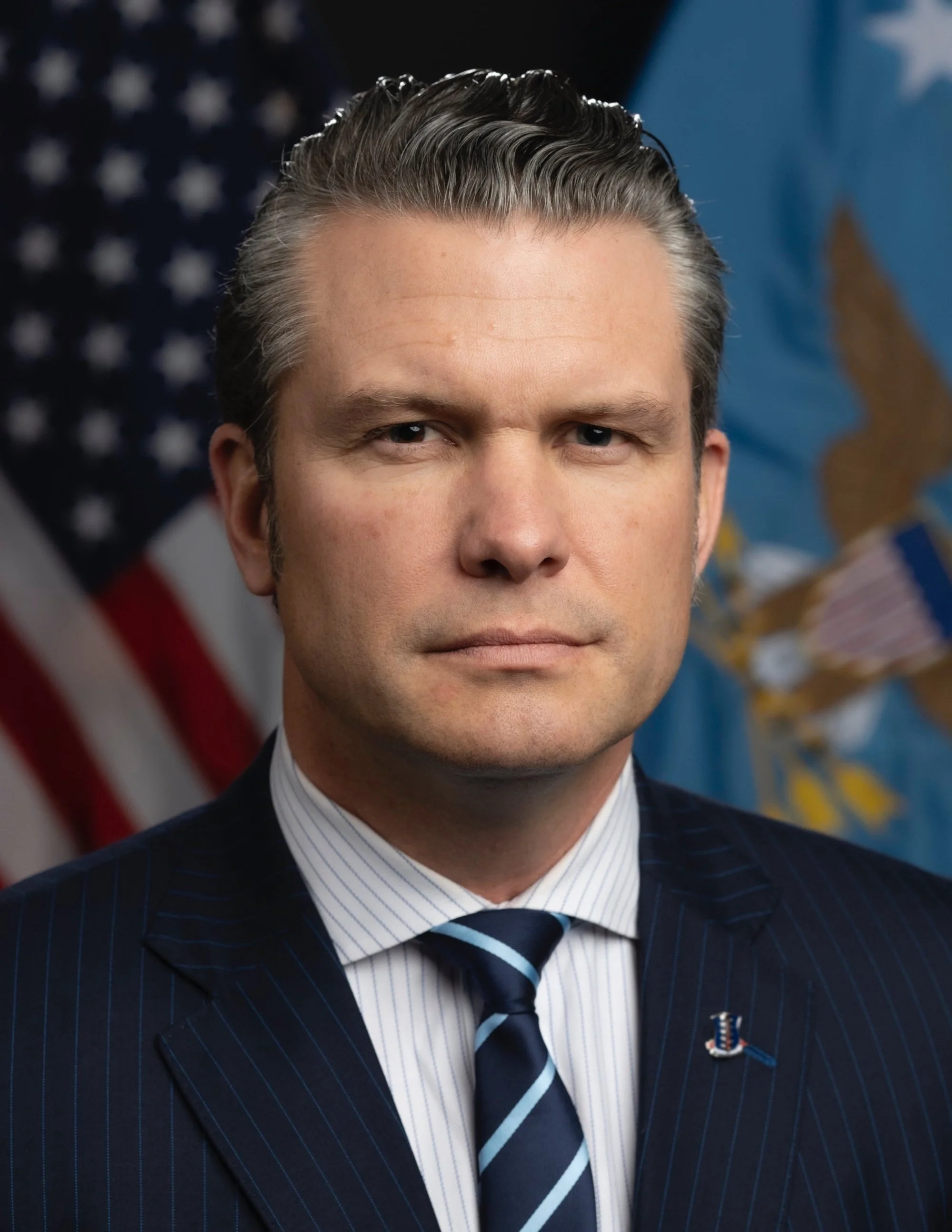'Biden Ruined Everything' How Women Peace and Security was Killed by its Most Ardent Supporters
Defense Secretary Pete Hegseth just canceled the Pentagon’s Women, Peace, and Security (WPS) program saying that a “straightforward and security focused” program was “distorted and weaponized” by the Biden administration. In their outrage, critics say it was Hegseth who politicized the WPS Act of 2017, which was by signed President Trump after unanimous bipartisan support, including some of Trump’s current cabinet. Are the critics right? It turns out that Hegseth’s assertion that Biden “ruined everything” is closer to the mark.
Secretary of Defense Pete Hegseth cancelled the Pentagon’s Women, Peace, and Security program saying that a “straightforward and security focused” program was “distorted and weaponized” by the Biden administration.
Just before the 2024 election, House Democrats and Republicans had forged an agreement to extend both the lifespan of the WPS Act’s reporting requirement, which has already been fulfilled, and funding that DOD said it badly needed for its program. In exchange Congress asked for transparency on DOD WPS training required by the law and a name change for WPS staff from “gender advisors” to “WPS advisors.” Bipartisanship lasted until the Biden administration weighed in and said it could abide neither. The deal was off, the parties went to their corners, and the episode left a bad taste in the mouth of Republicans who felt they had negotiated in good faith despite reservations.
After Trump won the election, the same WPS staff told Congress they could accept the name change after all. In December, the Pentagon published its Congressionally mandated WPS plan casting WPS as a “gender equity” program then, after Trump took office, issued a flurry of memos and papers arguing that “WPS is not DEI.” By then much damage had been done. One wonders what was in all those training modules Pentagon staff could not share with Congress. Did Secretary Hegseth see them before making his decision to cancel the program?
As someone who implemented WPS training in DOD from 2020-2023, I know how hard it was to stay within the bipartisan mandate of the law. The Biden administration sent me long memos complaining that my curriculum did not include enough “gender” language such as “gender perspective,” was too focused on women and girls rather than “gender.” They especially did not like the way we taught “gender analysis” as the difference been men and women rather than gender identity. When I explained that the law was clear on this, a lead WPS staffer at the Pentagon told me in exasperation, “We don’t have to stay within the law.” Really?
What doesn’t compute is why WPS advocates in the Biden administration and Congressional Democrats would not take the bird in hand. Why risk sunsetting the law they worked hard to get and squander bipartisan goodwill? Sen. Jeanne Shaheen’s office held a draft for “WPS 2.0” to effectively replace the 2017 law but did not share it with Republican colleagues. Why all this when WPS was one of the few programs about women that had flown under the radar of the gender culture warriors? One can understand why critics on the outside looking in saw WPS advocates as partisan and hidebound ideologues who did not have national interests or those of women and girls at heart.
Also puzzling: if there is so much support for WPS among DOD senior leaders, as Senator Jeanne Shaheen has stated, then why were DOD WPS staff unable, after five years of trying, to get approval of a DOD instruction? That would have set out guidance for commanders on what WPS is, who is responsible for it, and what should get done. We may come to realize that the demise of DOD WPS was an inevitable outcome of a staff’s inability to navigate bureaucracy and embed a new program in an older, much larger institution—a perennial problem in many organizations, including federal agencies.
Holding the bag are the practitioners doing good work in the field—and the people they serve. While subcontracted to a combatant command staff from 2023 to 2025, my company helped a partner nation build a program to end sexual violence in its military, a real problem that destroys the lives of men and women. I was proud to support that kind of WPS effort.
What I know as a veteran and researcher is that most troops intuitively get it: improved lighting and separate berthing for families protects children, an all-female team could help access hard to get information, having supplies ahead of time for pregnant women and babies saves lives in resettlement camps. Better planning helps foresee all this and more. Interviewees have told me they could do without WPS lessons in feminism, queer theory, and “gender transformative approaches.”
My hope is that such conversations don’t become a casualty of politicking, gatekeeping, and refusal to keep the end in mind. I have a new book on WPS in U.S. security cooperation coming out that is filled with actual cases from real practitioners. We will convene honest brokers on all sides of this debate to discuss the prospects, and, yes, the problems, with how the US has been engaging partner nations with WPS. My guess is that despite the efforts to coopt and politicize this issue, cooler heads will realize that some capabilities are worth saving. The ones that help warfighters, the military planner, and the citizens we serve; that the earth is just a little scorched and not yet salted.

